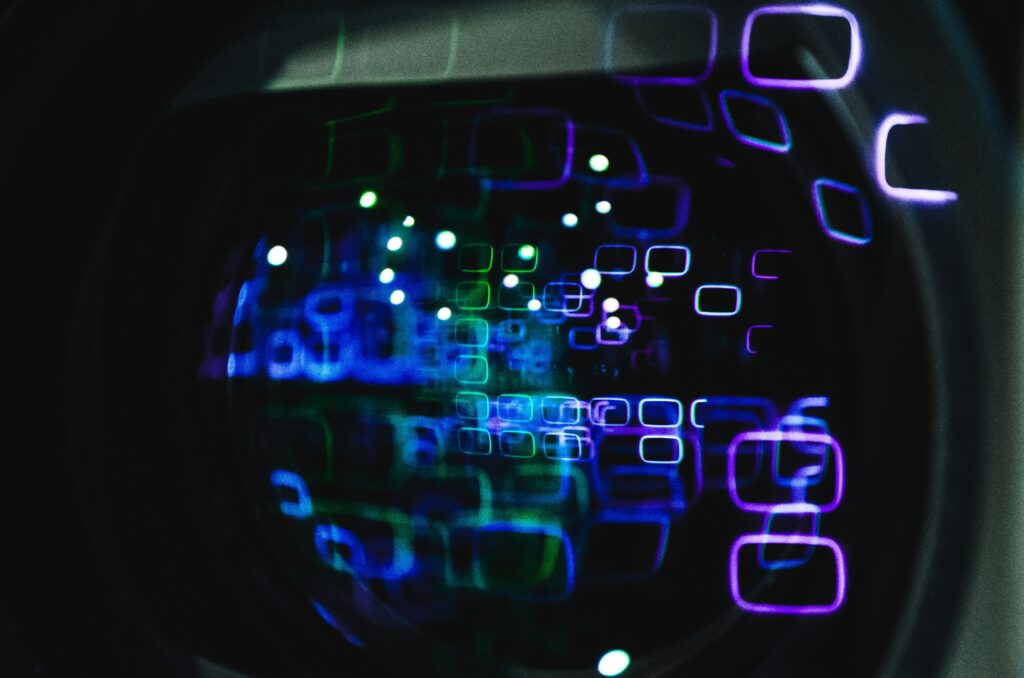The integration of Artificial Intelligence and Machine Learning into core industrial processes marks a pivotal moment, ushering in an era often dubbed Industry 4.0. What began with automation has evolved into intelligent automation, where machines don’t just execute tasks but learn, adapt, and make informed decisions. This fundamental shift is evident in manufacturing, logistics, energy, and beyond, with systems becoming increasingly autonomous and predictive.
The Dawn of Intelligent Automation
Recent years have seen a significant acceleration in the deployment of AI-powered solutions across factories and production lines. These systems are transforming traditional manufacturing into smart facilities capable of continuous optimization. For instance, AI algorithms are now crucial for predictive maintenance, analyzing sensor data from machinery to anticipate failures before they occur. This proactive approach minimizes downtime, extends equipment lifespan, and drastically cuts maintenance costs.
Moreover, AI is revolutionizing quality control. Instead of relying solely on human inspection, intelligent vision systems, powered by machine learning, can detect microscopic defects or inconsistencies with unparalleled speed and accuracy. This not only elevates product quality but also frees up human workers to focus on more complex, value-added tasks. Analyst reports consistently highlight a robust market growth for industrial AI, predicting billions in efficiency gains annually as adoption becomes more widespread across SMEs and large enterprises alike.
Reshaping Supply Chains and Logistics
Beyond the factory gates, AI’s impact is profoundly felt in the intricate world of supply chain management and logistics. Intelligent systems are providing end-to-end visibility, allowing companies to track goods, manage inventory, and optimize routing with a precision previously unattainable. Machine learning models can analyze vast datasets—including weather patterns, traffic conditions, and socio-economic trends—to forecast demand more accurately, reducing waste and improving delivery times.
This predictive capability helps businesses adapt quickly to disruptions, such as unforeseen events or sudden shifts in consumer behavior. Autonomous robots and drones are also becoming integral to warehousing and last-mile delivery, automating repetitive tasks and significantly speeding up order fulfillment. The result is a more resilient, responsive, and cost-effective supply chain, capable of navigating the complexities of a globalized market.
Impact on Workforce and Sustainability
The integration of AI into industries is not merely about replacing human labor; it’s about augmentation and transformation. While some roles may evolve, AI often creates new opportunities, fostering demand for skilled professionals in areas like AI development, data science, and system maintenance. Human-AI collaboration is becoming the norm, with intelligent systems handling routine tasks, allowing human employees to engage in creative problem-solving and strategic planning. This symbiotic relationship often leads to safer working environments, especially in hazardous industrial settings, as AI-powered robots can take over dangerous tasks.
Furthermore, AI plays a crucial role in driving industrial sustainability. By optimizing resource allocation, reducing energy consumption in manufacturing processes, and minimizing waste through precise demand forecasting and quality control, intelligent systems contribute significantly to greener operations. They enable businesses to achieve their environmental goals while simultaneously boosting profitability.
The Future is Hyper-Intelligent
Looking ahead, the trajectory of AI in industries points towards even greater levels of automation and intelligence. We can anticipate the emergence of hyper-personalized production, where individual customer preferences dictate the manufacturing process, enabled by flexible, AI-driven systems. The concept of a ‘lights-out’ factory, where operations run entirely autonomously, powered by AI, cloud computing, and advanced robotics, is becoming an increasingly tangible reality.
Experts predict that the next wave of innovation will involve more sophisticated human-robot interaction and the widespread adoption of explainable AI, making these complex systems more transparent and trustworthy. For more insights into the societal shifts brought by technology, read our piece on The Future of Work in the AI Era. The challenges of integration, data privacy, and ethical AI development remain, but the immense potential for growth and efficiency ensures that investment and research in this domain will only intensify.
Embracing the AI Revolution
In conclusion, AI and machine learning are not just enhancing existing industrial processes; they are fundamentally redefining them. From transforming operational efficiency and product quality to reshaping supply chains and fostering sustainable practices, intelligent systems are proving to be a game-changer. Industries that embrace this revolution are poised for unparalleled competitive advantages and a more resilient, innovative future.

